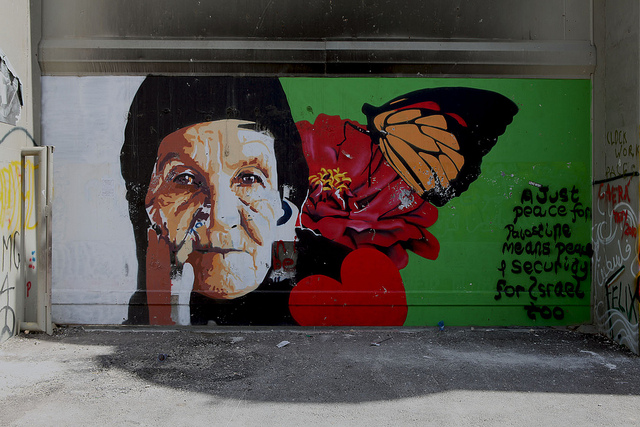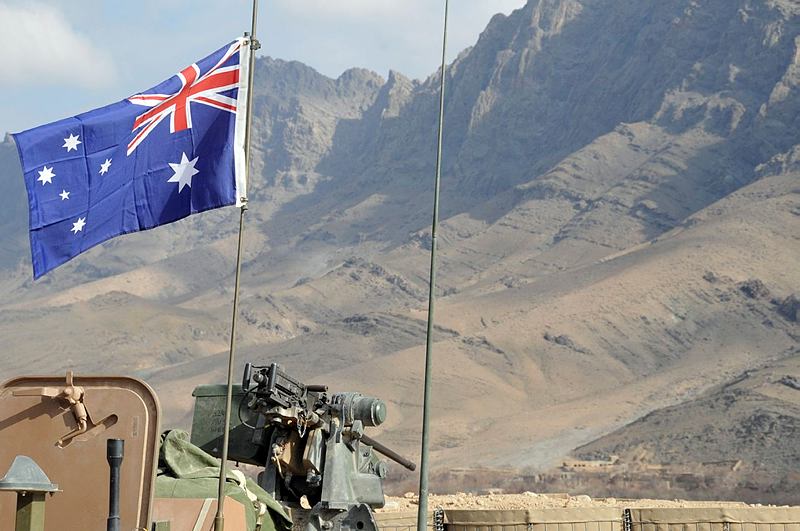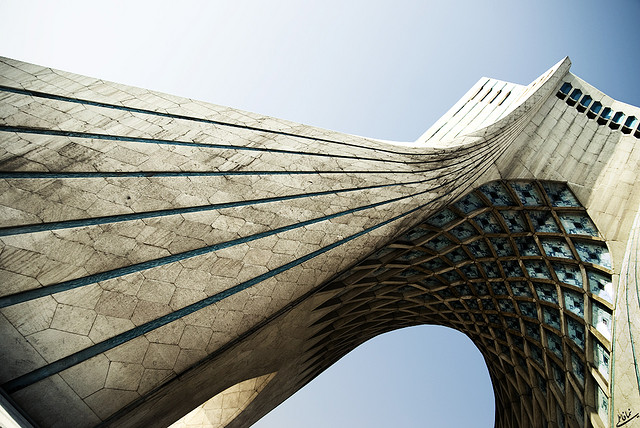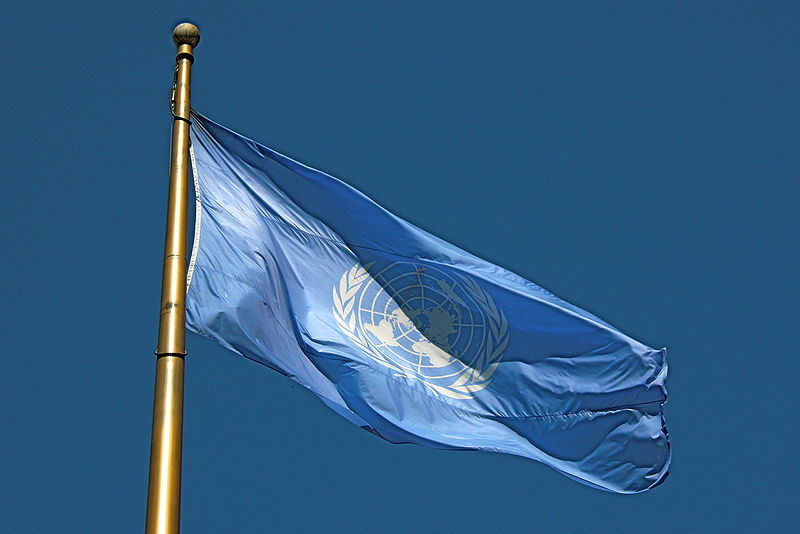Reviving the Arab Peace Initiative

Shifting dynamics in the Middle East may have presented a rare opportunity to establish the groundwork for a lasting, regionally-backed peace between Israel, the Palestinian Authority and their Arab neighbours.
Israeli Prime Minister Benjamin Netanyahu recently made his government’s strongest statement yet on the issue, arguing that the stalled Arab Peace Initiative could be the basis for fruitful negotiations and lasting rapprochement. The statement follows reports that Sunni Arab governments have communicated to Netanyahu a willingness to engage in negotiations over possible changes to the Initiative, as well as a declaration in May by Egyptian President Abdel Fattah al-Sisi—which the President asked to be broadcast in Israel—that ‘There is an opportunity to write a new chapter of peace in the area.’
The past two years, culminating in objections to the P5+1 nuclear deal and increased security coordination and trade, has seen unprecedented cooperation on several fronts between Israel and numerous Arab states, in both public and private spheres—the type of cooperation that needs to be encouraged by the international community to foster stability in the fraught region.
The Arab Peace initiative, proposes that the Arab world will normalise relations with Israel following the resolution of the Israeli—Palestinian conflict in a two-state agreement based on the 1967 cease-fire lines.
A Paris Conference, convened on 3 June to address the long-running conflict, was attended by neither Palestinian nor Israeli representatives and appeared to achieve little, with the viability of the conference itself questioned by both US and Israeli officials. Despite this, the conference concluded with Saudi Foreign Minister Adel al-Jubier positing that ‘the Arab peace initiative has all the elements for a final settlement… (It is) a solid basis for resolving this long-standing dispute’. That suggests the Arab states recognise that a regional focus is likely to be more effective that the traditional ‘international conference’ model pursued in Paris.
Elements of the initiative remain problematic from Israel’s point of view; trepidations which are further compounded by concerns when it comes to some of the policies of acceding parties, as well as questions of internal division and stability. Nonetheless, there’s growing discussion in Israel that changing regional dynamics indicate the plan shouldn’t be rejected as an option for a long-term peace.
Speaking to the American Israel Public Affairs Committee annual meeting in March, Vice-President Joe Biden, addressing the recent ‘thawing of ties,’ noted that ‘One of the Arab leaders told me his country has no greater military ally than Israel.’
Saudi Arabia and Israel, neither of whom have made any secret of their antipathy towards Iran, revealed last year that they have been holding ongoing bilateral talks since 2014. Widespread reports have surfaced that the two nations, despite lacking formal diplomatic relations, have nevertheless arranged in previous years for senior Israeli officials to be hosted in the Gulf to discuss, among other things, strategies for combating common threats such as Daesh and Iran’s nuclear program.
In February this year, Israel’s Defence Minister publicly shook hands with Saudi Arabia’s former intelligence chief Prince Turki al-Faisal. It was the type of meeting that in years past would have happened behind closed doors, if at all. Weeks later—as part of Egypt’s relinquishment of control of the Tiran and Sanafir Islands to Saudi Arabia— Saudi Foreign Minister Adel al-Jubeir confirmed that the Kingdom would honour all previous obligations which Egypt had acceded to regarding the islands. The declaration is emblematic of tacit Saudi acknowledgement of historic and ongoing accords between Israel and its neighbours as well as its own increasingly strong ties with Israel.
In April, Saudi Major-General Anwar Eshki, when asked in an Al Jazeera interview how long it would be before Saudi Arabia opens an Embassy in Israel, responded, ‘If he (Netanyahu) announces that he accepts the initiative and gives all rights to Palestinians, Saudi Arabia will start to make an embassy in Tel Aviv.’
Today, a Palestinian leader could gain broader diplomatic, political and even material backing than has ever previously been available for making compromises for peace from across the Sunni Arab world—backing that would likely be essential to gaining support for those compromises among the Palestinian public. The adoption of an agreement being a highly contentious issue, support for such an agreement by longstanding allies could be utilized to ameliorate concerns as well as garner political backing for such a move.
The nurturing of the growing ties between Israel and the Sunni Arab states by the international community could not only help create the essential preconditions for a future resolution between Israel and the Palestinian Authority, but in the immediate-term, be a catalyst for the resumption of direct Palestinian negotiations with Israel.


 After years on the sidelines, Russia is back at the center of the Middle East geostrategic game. Against the background of an equivocal United States policy, Russia’s calculated intervention in the Syrian civil war is a rare case in which a limited use of power in the region resulted in a major diplomatic shakeup.
After years on the sidelines, Russia is back at the center of the Middle East geostrategic game. Against the background of an equivocal United States policy, Russia’s calculated intervention in the Syrian civil war is a rare case in which a limited use of power in the region resulted in a major diplomatic shakeup.


